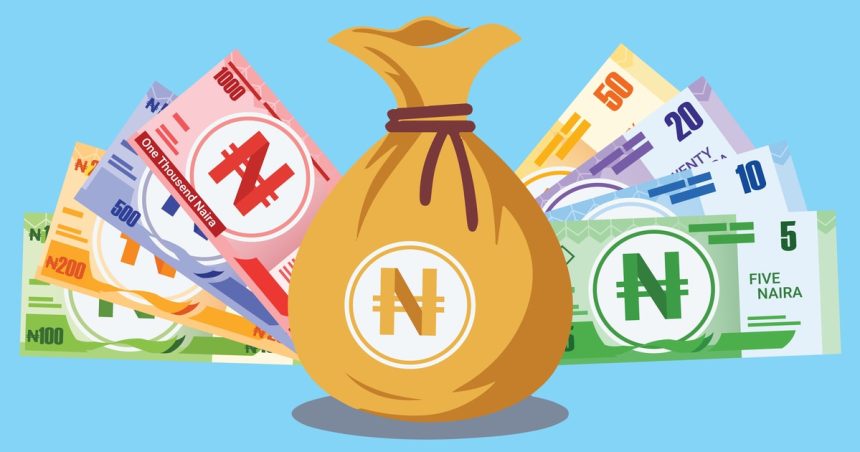Mr Seun, who prefers not to disclose his full name, works for a foreign media company that pays him in US dollars, which he converts to naira.
A Nigerian man who works remotely and earns 1.2 million naira (KSh 228,000) monthly shared how he copes with Nigeria’s economic crisis .
He talks about his purchasing power, savings, investments, budget, family support, and future plans in the face of inflation
Seun explores his psychological and emotional state, as well as his social and cultural ties, in the midst of the economic hardship
Many Nigerians are struggling to make ends meet as food, housing, health care, and education prices skyrocket.
He said he makes investments in dollars. Photo credit: Getty Images. Source: UGC What man working from home earns But not everyone is feeling the pinch.
Some Nigerians, like Mr Seun, a remote worker who earns approximately KSh 228,000 monthly, have found a way to cope with the economic hardship by earning in dollars.
“I earn in dollars. So I’d say my purchasing power remains roughly where it was. Except for imported stuff, my purchasing power does outstrip the inflation on the ground, but not by much. And I cannot save as much as I would like,” he said
How man working remotely saves The remote worker said he buys things in bulk whenever possible and avoids spending on unnecessary items. He also does not commute daily, as he works from home, so he does not have to worry about the high cost of transportation. “Bus fares are way higher than they were.
Still, I don’t commute daily so I’d say not really a concern there. As for the budget. In dollar terms, everything, especially big ticket items, still cost roughly what they did,” he said.
The Nigerian millionaire saves and invests in dollars wherever possible and avoids naira-based investments, such as land, which he thinks are not worthwhile.
“I just save and invest in dollars wherever possible. I avoid Naira-based investments in things like land. Not really worthwhile at the moment since a 3x increase in, say, 5 years may be the same value as the money I invested in 2023.” He reiterated that it is easier to live in Nigeria when you earn in dollars, but he is not oblivious to the suffering he sees around him:
“Earning in dollars makes it easier to stomach on a personal level. But seeing the level of suffering out there is disconcerting and makes me dread what would happen if I ever go back to square one.”



